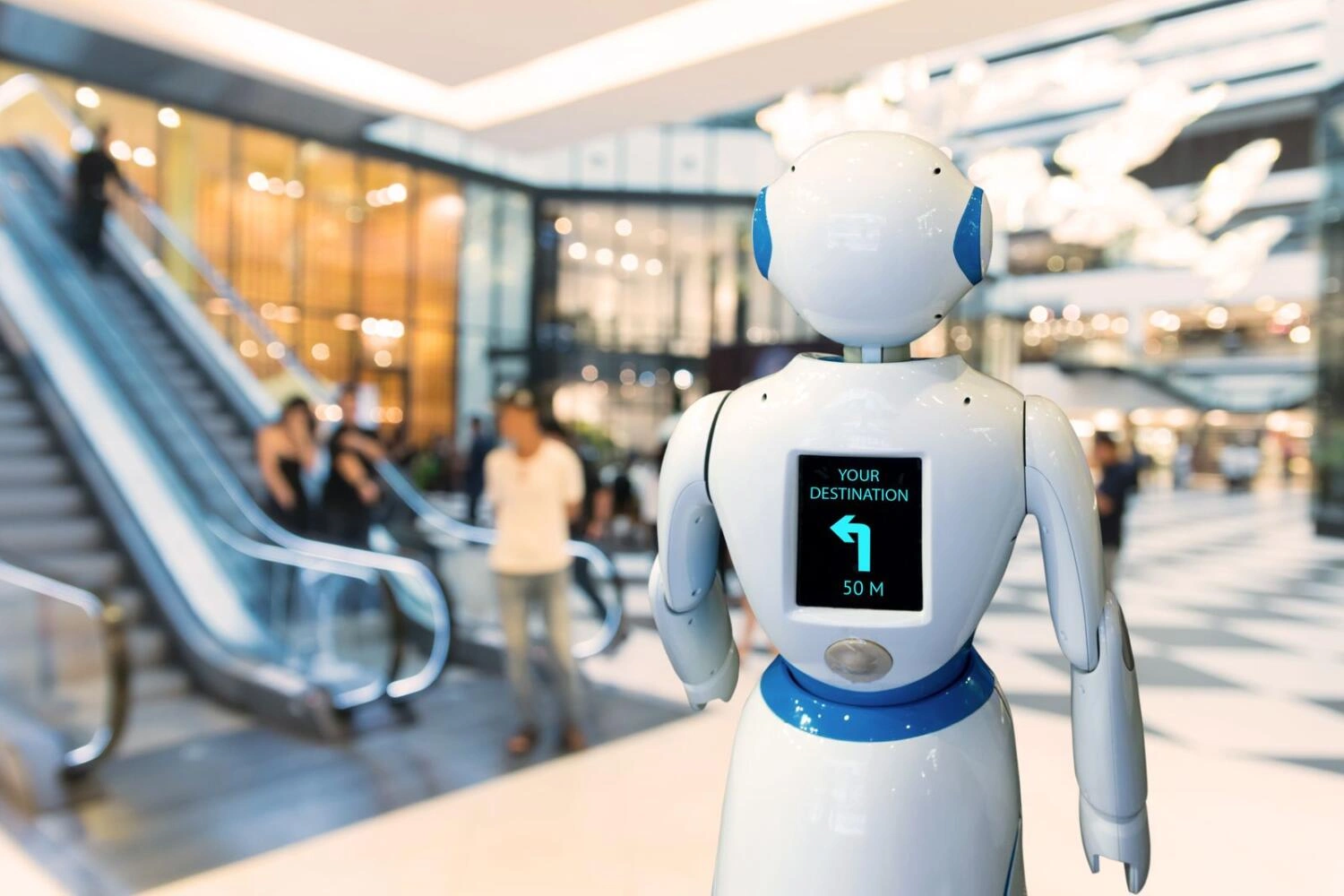While artificial intelligence (AI) might not directly take over jobs, it could lead to job losses for those who don’t adapt to using AI effectively. This was the consensus among HR experts and industry leaders following a recent statement by Omar Al Olama, UAE’s Minister of State for Artificial Intelligence.
During a Federal National Council meeting, Al Olama proposed that Emiratis nearing retirement age could consider early retirement if their jobs could be automated by AI. Experts have since shared insights on this proposal and the broader impact of AI in workplaces.
AI and Early Retirement: A Balanced Perspective
Shamma Hazza, an Abu Dhabi-based HR expert, supported the idea of early retirement for roles that can be automated, calling it a positive step. According to Hazza, this could motivate younger generations to adopt advanced technologies and avoid being stuck in traditional job roles.
However, she emphasized that AI cannot replace all types of jobs. Roles requiring emotional intelligence, problem-solving, critical thinking, leadership, and innovation remain uniquely human. She added, “AI won’t replace many jobs but will transform them for better performance.”
Government Initiatives to Harness AI
The UAE government is actively encouraging AI adoption to improve productivity and quality in various sectors. Omar Fadhel, Assistant Undersecretary of MoIAT’s Industrial Accelerators Sector, highlighted initiatives aimed at integrating advanced technology and AI into industries.
He stated, “Our goal is to enhance factories’ competitiveness and improve product quality through AI.” He also noted that skilled workers, particularly in tech-driven industries, will gain from AI rather than lose jobs to it.
The Role of AI in Human Resources
Veteran HR consultant Hanadi Al Jaber pointed out that AI is already streamlining HR processes, such as screening job applications and shortlisting candidates. However, she clarified that while AI assists with repetitive tasks, it cannot fully replace human involvement in HR or other sectors.
“With AI handling time-consuming tasks, HR professionals can focus on building their skills,” Al Jaber explained.
Skills for the AI Era
Mira Nasser, a learning and development lead in Abu Dhabi, shared her perspective: jobs will be lost to people who know how to use AI effectively, not to AI itself. She mentioned that administrative roles are particularly susceptible to automation but can also be enhanced through AI tools.
Nasser also supported the concept of early retirement for roles that can be automated. “I wouldn’t mind retiring early myself,” she said. “It’s not the end of a career but a chance to explore new opportunities, like starting my own business.”
Key Takeaway
While AI is reshaping industries, it is more about transforming roles than completely replacing them. Jobs that blend technology with human skills will remain critical, making it essential for individuals to adapt and upskill in the age of AI.





